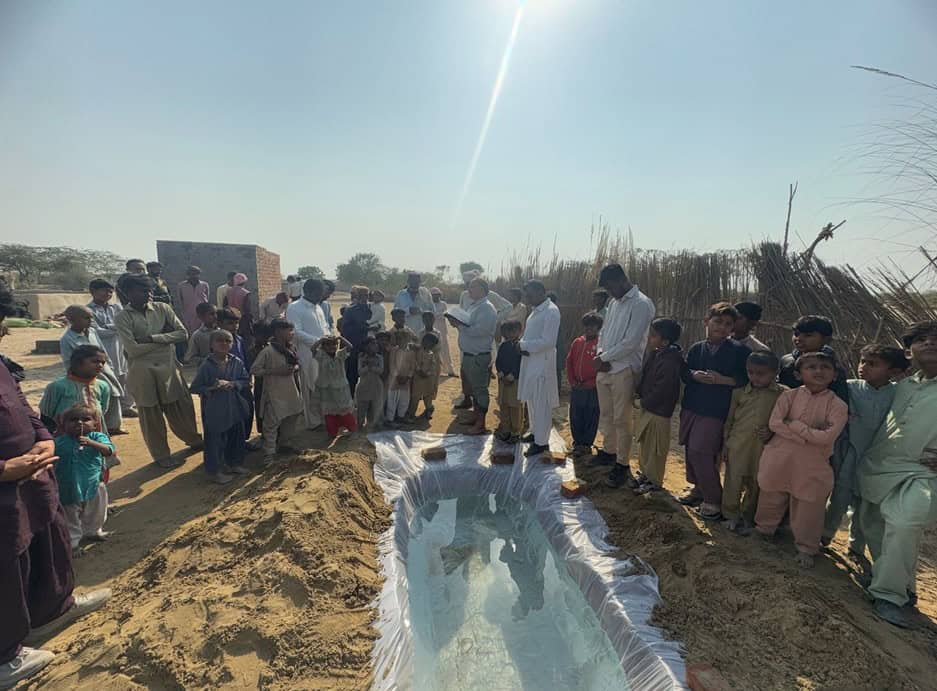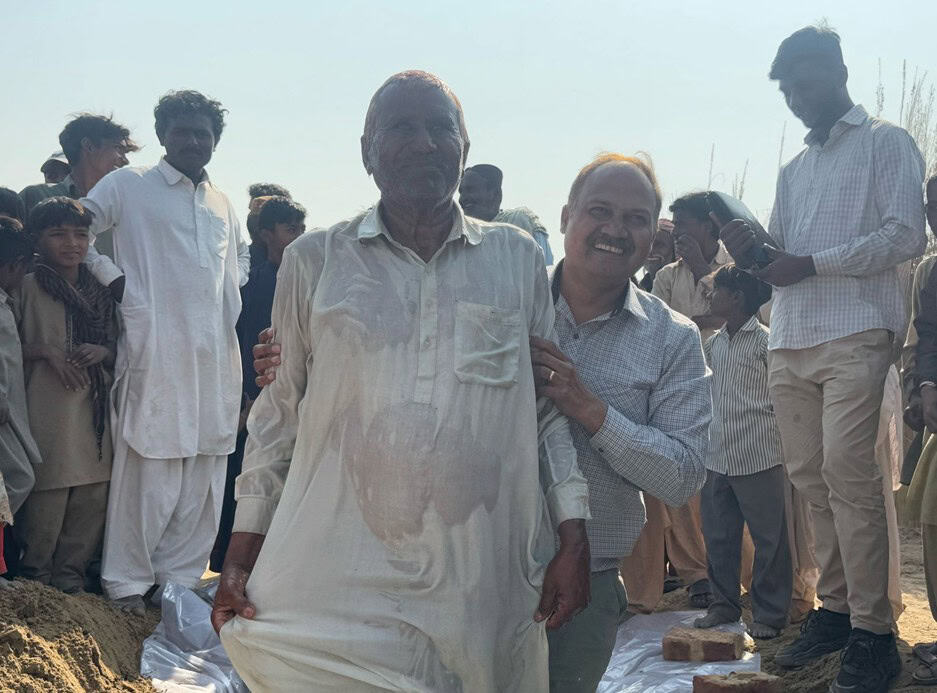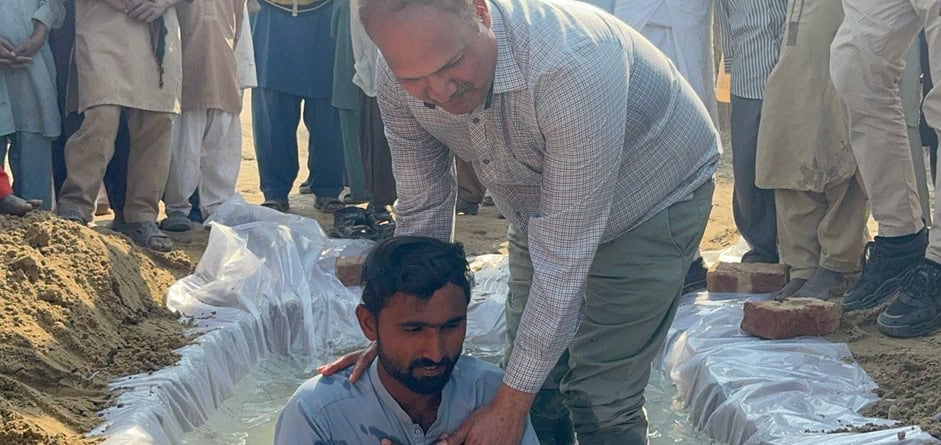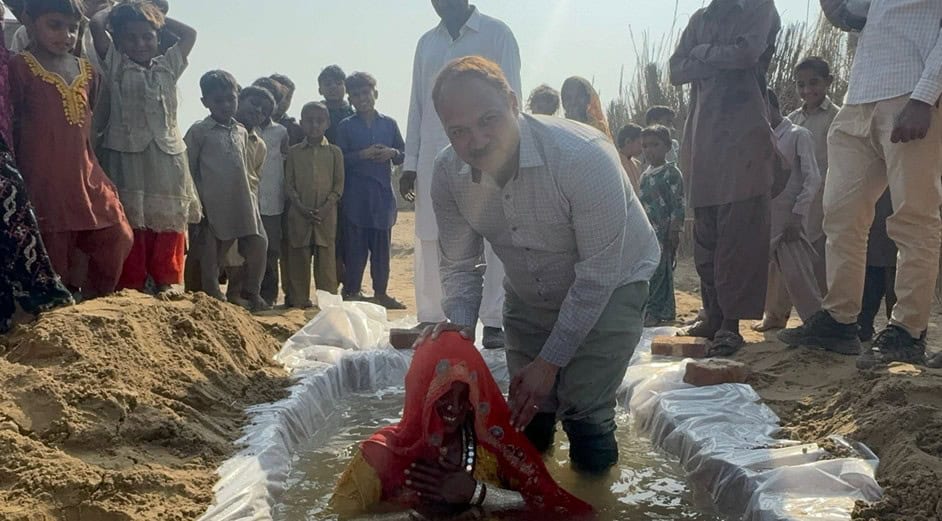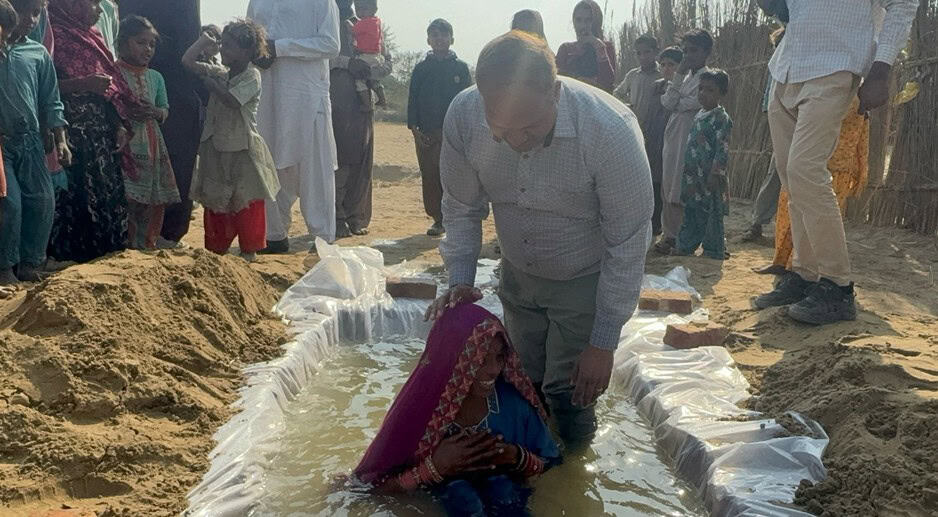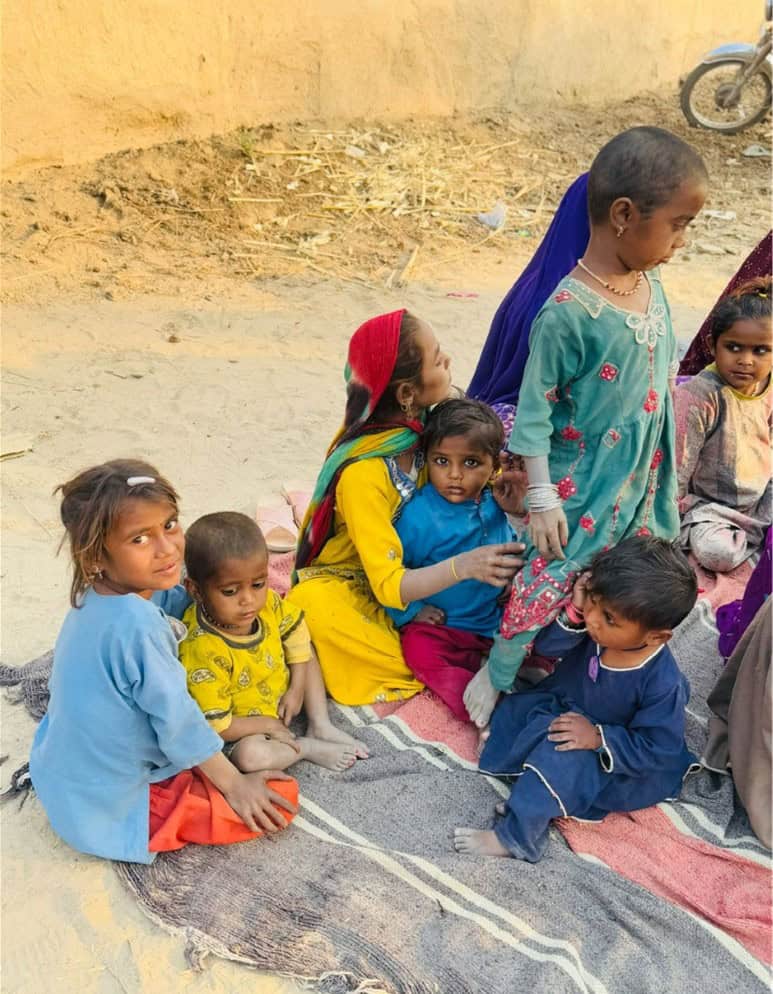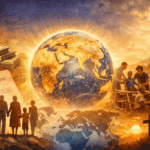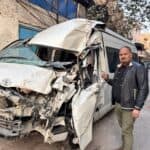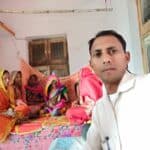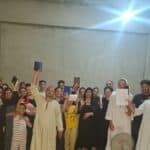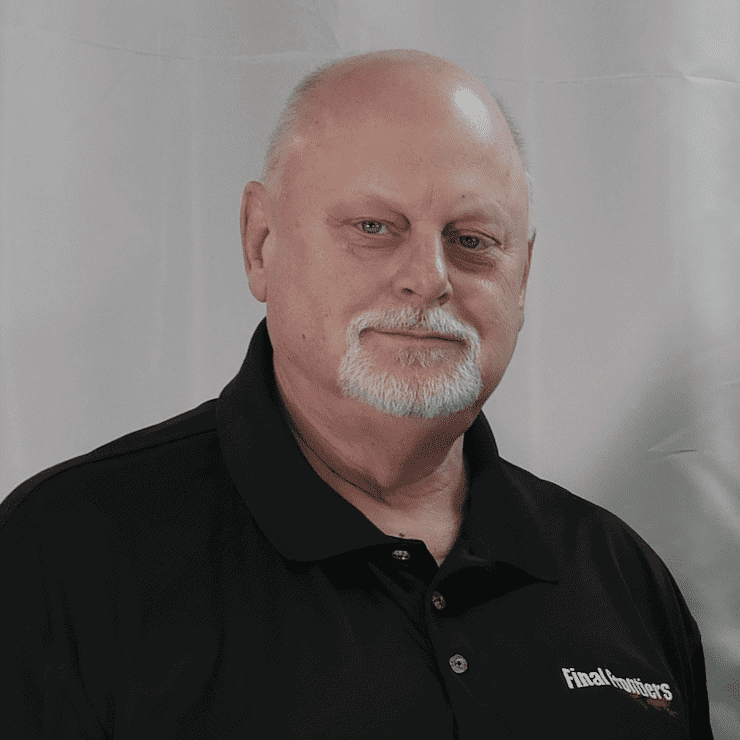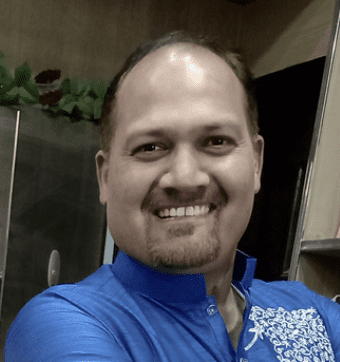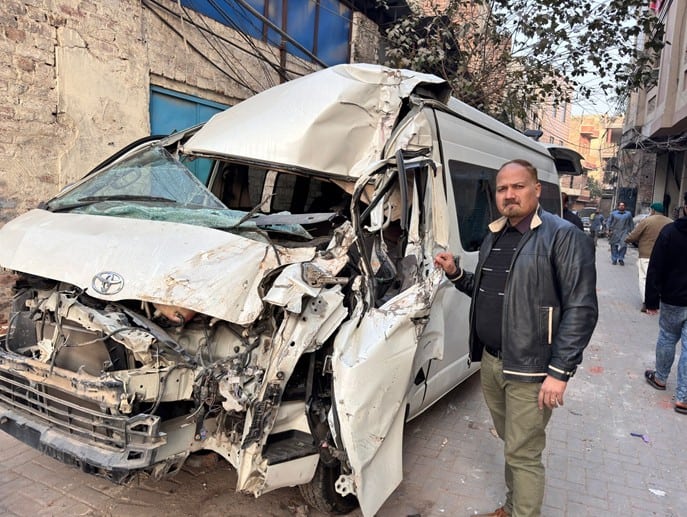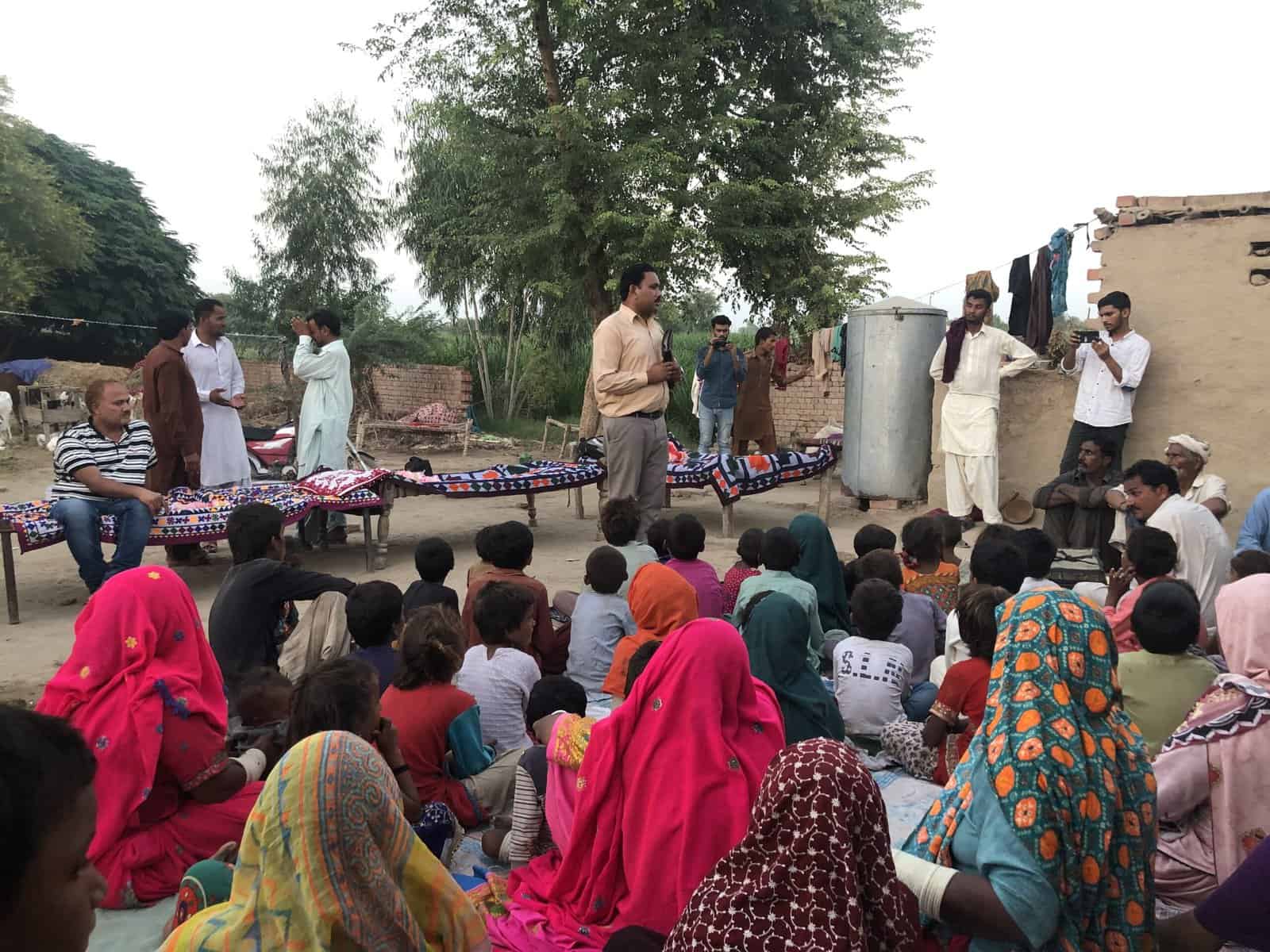The Great Commission tells us to go into ALL the world and preach the Gospel to EVERY nation. This word, translated as ” nations has in the modern English language become a synonym of the word country, but in the Greek language, the word used was ethnos, from which we get our term, ethnic group. The nations of Matthew 28 were not countries, as if winning one man in one country implied you had “reached” the entirety of the citizens for Christ. Rather, it referred to reaching every ethnic group (tribe, people group) inhabiting the entire world. Most countries have known and recognized ethnic groups (tribes) with their own language, culture, history, dress, and traditions. Many have tribes that are yet to be discovered or contacted by the citizens of the land. Often, these tribes do not know a country’s boundaries; they refer to where they live as “their land” and freely cross from one country to another on mountain trails. The purpose of the Great Commission Fund is not just to win the lost and plant churches among them; it is to locate and target the unreached ethnos and bring them the light of the Gospel.
Historically, missionaries have tended to cluster together and have done so for good reasons. Even Paul traveled and worked with teams of Timothies in his church planting efforts. Paul, however, did not see his team as an anchor to which he should be attached, limiting his expansion of the Gospel. He saw them as a rudder and sails to enable him to go beyond his limited, current horizon as an individual. We have taught our teams of national church planters worldwide to do the same and, in doing so, to discern the most effective way to evangelize each ethnos they encounter. None seem more proficient at it than the brothers and sisters in Pakistan.
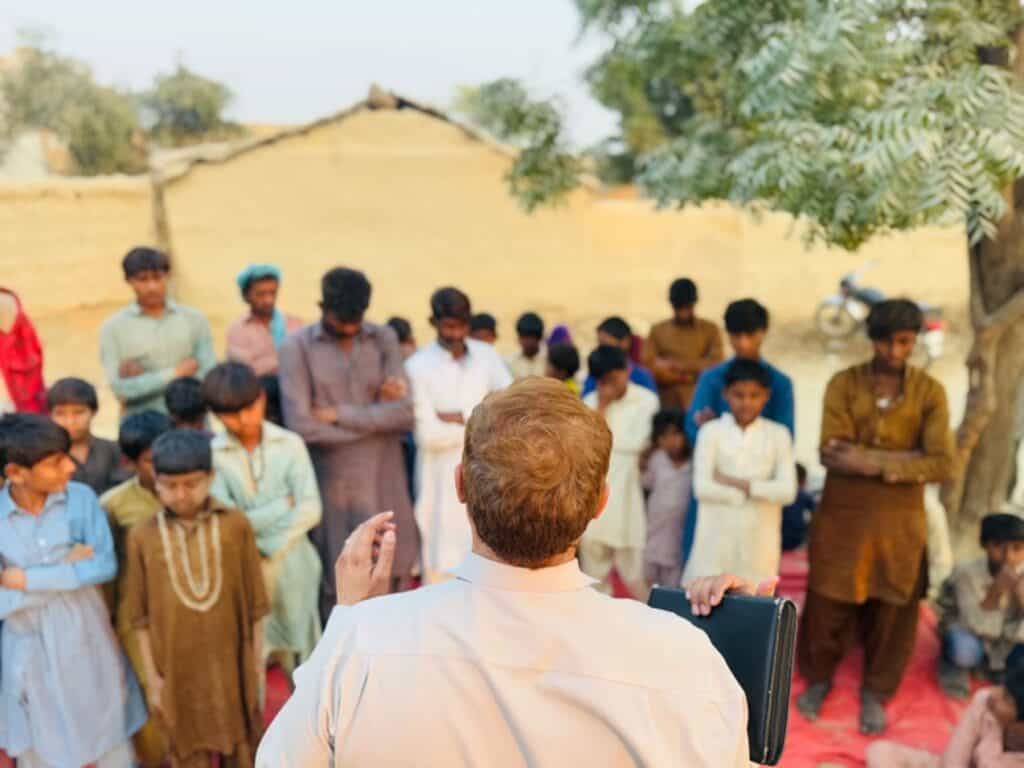

Pastor Shaukat makes history by evangelizing the Meghwal Tribe in Pakistan. Our first Meghwal church.
Working in clusters is not unbiblical; it is a biblical pattern. However, missionaries who are not planting new churches and training pastors, whether alone or with a cluster of others, are unbiblical (not anti-biblical). Their limited function as pastors rather than missionaries is not evil; it is just not the example we have in scripture; thus, it is unbiblical or nonbiblical.

With him is four men who are training as Timothies. In the background you can see the donated van that carries them to the desert churches.
Pastor Shaukat Siddique is an expert at training young church-planting Timothies. Sometimes, they feel led to remain with a congregation as a pastor and extend their reach to surrounding villages. Other times, they feel a full-time calling as church planters.
The Great Commission Fund is designed for men like him who are constantly venturing into the unknown, even the unfriendly regions, to declare Christ and add to His Bride. When we find such men, we try to enhance their work by giving them much-needed tools, helping them to do better what they were already doing. So far for Pastor Shaukat, we have provided at least fifteen motorcycles, a Bible Institute building three stories high (a church built him a second facility for dormitories), desks, computers, and everything needed for his Bible Institute, salaries of teachers, transportation for students planting churches, tracts, Bibles by the thousands, youth camps, seven remote institutes, five deep water wells, a Touch a Life feeding center, a primary school for Christian children, and one of our most involved donors purchased them a fifteen passenger van that he crowds twenty people into for twelve-hour overnight journeys to the desert tribes.
Just yesterday, I received this letter from Pasto Shaukat.
Another Mission Trip to the Hardest Places of Pakistan, the Sindh Province.
Once again, by the grace of God, He made it possible for us to reach some of Pakistan’s most unreached and hardest places. During this recent mission trip, we traveled to the Sindh province and discovered new tribes living in complete spiritual darkness. These tribes worshiped trees, fire, and ash, having never heard the name of Jesus Christ. They were truly lost, with no knowledge of the true and living God. They are called the Meghwal.
During a three-day mission trip, we visited 10 villages and with great burden and joy, preached the Gospel, focusing on the message of salvation through the sacrifice of Jesus Christ. I shared the Word of God from Romans 1:18-32, explaining how humanity, when turning away from God, changed the image of the incorruptible God into that of corruptible things and began to worship creation rather than the Creator.

The villagers listened attentively and with open hearts. It was evident that the Holy Spirit was at work among them. As we preached, an incredible moment occurred when the entire village stood up and publicly acknowledged their desire to accept the Lord Jesus Christ as their Savior. I then taught them that true faith requires obedience, and baptism is the first step after believing, as Jesus commanded. Then, I took some time to explain the purpose and symbolism of baptism.
Moved by the truth, they immediately decided to be baptized. However, there was no baptismal pool available in the villages. Repeating the method we have used in previous remote areas, we dug a grave-sized pit, lined it with polyethylene plastic, and filled it with water. By God’s provision, we baptized the new believers that same day.
Through this mission trip, God allowed us to plant five new churches. These newly formed fellowships are now a light amid spiritual darkness, and we continue to pray for strength and resources to reach even more villages in the coming days. During this three-day outreach, our seven-person team traveled 818 miles into the desert, witnessing to 790 people across various tribes and groups. 180 received Christ, and 30 were baptized on the day of their conversion, just as the Ethiopian man was in the Book of Acts. The response was beyond anything we could have expected—the harvest is plentiful, and the laborers must continue to go forth.
We deeply thank the Final Frontier Foundation for their significant support, which made this mission possible. Their partnership empowers us to continue evangelism, church planting, and discipleship among Pakistan’s most unreached people.
Please continue to pray for these new believers, for strengthening the newly planted churches, and for wisdom and provision as we plan future mission trips into unreached areas. May Christ’s name be glorified in every tribe, village, and heart across Pakistan.
All glory to God alone!
Pastor Shaukat
Read and Learn
I want to use this first contact with an unreached tribe to illustrate what I teach the national missionaries about using a tribe’s customs to open the door for the Gospel to enter. It is best to discover such information before you approach. Still, sometimes, as in this instance, the contact was unexpected.
Scripture says the heavens declare God’s glory, and God has put eternity in the hearts of men. There is a biblical basis for what I am teaching. Paul used this model at Mars Hill, where he quoted a seventh-century BC Greek/Cretan philosopher, Epimenides, to emphasize a biblical truth. Paul quoted, “For in him we live, and move, and have our being; as certain also of your own poets have said, For we are also his offspring.” (Acts 17:28). Some questioned Paul’s teachings, but none questioned Epimenides. Quoting him illustrated that Paul was not a stranger to their ways; he embraced one of their teachers and knew about them. This knowledge allowed them to listen more intently to this Jewish stranger who knew their ways. I use this method worldwide and often have people respond, “You know more about us (and our history) than we do.” Their typical reaction is, “Tell us more.”
Most every ancient culture, as well as many existing ethnos, carries in their oral tradition such biblical stories as the flood, the ark, the creation of man, woman, and the earth, the fall of man, God’s redemption plan through His Son as mankind’s sacrifice, etc. They have heard such stories, though not with the clarity the Bible gives, and have questions about them. When you enter such a village and begin talking about these things with authority, they listen. This same book that reveals the God they abandoned tells us a few chapters later how we can come back to Him, “For whosoever shall call upon the name of the Lord, shall be saved.” (Romans 10:13)
Sometimes, we think the only way to witness is through what we call “the Roman Road.” Still, as effective as it has been in our culture, among many ethnos, you must first learn their ways and understanding. Having done that, you will find that the door to knowing Christ that you thought had always been closed has always been cracked open ever so slightly. Learn what you need to know regarding how their fathers once had the truth and abandoned it, and you will watch as the Holy Spirit blows the door off its hinges.
So now, let me tell you more about the Meghwal and make some observations regarding how their ancestors knew more about the Truth than they do today. This perpetually repeating process of moving from Light to Darkness is in Romans 1.
Who are the Meghwal (or Meghwar)?
Shaukat and his team did not know the Spirit of God would lead them to be the first contact with another unreached tribe; thus, there was no preparation for learning their customs and traditions. They were looking for more Marwari villages, now wide open to the Gospel, but the Spirit of God led them to their first Meghwal village. He also led the preaching to remind the Meghwal, who had never heard of Jesus, of traditions in their tribe that had been passed down for many centuries, even millennia.
The “unreached tribal group” called Meghwal or Meghwar is an ethnos designated as a beggar tribe by the Indian caste system, making them one of the “Scheduled” or Dalit (Untouchable) castes. (In 1947, Pakistan separated from India.) In India, where the majority still live, they are only 0.04% exposed to the Gospel; in Pakistan, there is no known exposure for them — until now!
The name Meghwal means cloud, rain, or war. Over time, it has been translated as “the people who pray for rain.” The total population of the tribe is 4,859,000, but of those, only 405,000 live in Pakistan, and the rest live in western India. Those in India have benefited from the educational system there and can read, write, and attend university. Those in Pakistan are illiterate and struggle to survive by farming in the desert and raising cattle. From country to country, they have little contact with each other. In time, enough new words will enter their divided language group, resulting in two separate people groups. While they have their own language, modern words, previously unknown, like car, airplane, taxes, school, etc., will be different depending on where you live in Pakistan or India. In India, they will adopt modern words from the Hindi language depending on the state where they live. In Pakistan, they will use primarily Urdu. They will have difficulty communicating in time, but they can currently do so easily. It is much like American and British English. We say sidewalk, they say highway, we say a car’s hood, they say a car’s bonnet. We say hot dog, they say banger. Fortunately, the work we have been doing with the Marwari Tribe is helping us to reach them, as 5,000 Meghwal speak their language. Also, they have the entire Bible translated into their language, but we must first teach them to read it. Several ministries have it online, and it can be purchased in an audio format.
Where are they from?
Little is known about their beginning or gods. Their traditions are oral, not written. In the beginning, they worshipped only one god. In time, they became polytheistic, and each village or family would worship a natural god, such as a river, a hill, or a tree, but they had no idols. Between 1500 and 1000 BC, the invading Aryans from the Caucasus, between the Black Sea and the Caspian Sea, with their leaders, the Brahmins, taught them to worship
idols. They brought their religion of Hinduism to India (including Pakistan and Bangladesh). They established the caste system as a way to rule over the uneducated masses. It is believed that at this time, while some Aryans went east, others went west and became known as the Celts. They worshipped the same gods with different names. Paul and his disciples initiated their conversion to Christianity. Until now, no one has “gone into the world” of the Meghwal in Pakistan.

Used with permission by Manana Kurtubadze at www.grida.no/resource/7902
What/Who do they worship?
Today, they worship and bow down to all gods, believing they are equal. In witnessing to them, you teach them that there is a God above all gods and that their gods are no more than demon spirits or created things. We teach clearly that what they worship as gods were made by the Creator God and are not to be worshipped. To give them the honor of worship that belongs only to Him is a great insult and a dangerous crime against Him that will bring eternal punishment. Then you tell them how God created man in His image and how we turned on Him, but His love caused Him to send us a worthy sacrifice, His only born son, created in His image as we are. And how wicked priests inspired men to turn on the Creator and crucify Him, but His father raised Him from the tomb, and He is alive today. And He has on this day sent His messengers to tell them about His love for them. He is willing to forgive, show mercy, and adopt them into His family.
For anyone who has lived all their life with the concept of a weak, vengeful, hateful, demanding god, who is powerless against stronger gods, to then hear of a God of gods with love, compassion, and a desire for fellowship with man is beyond comprehension. However, when the Holy Spirit of God does the work of regeneration in their spirits and quickens them to eternal life, they then share it with the next village, which shares it with the next, and so on.
In addition, throughout history, pagan men have always felt that gods possessed an area or territory, which may be as small as a tree or as large as a city, and often bore their names. (Athens for Athena, Rome for Romulus, Heliopolis, which means “city of the sun god” (Egypt), Areopolis for Ares, Lugdunum for the French god Lugg, etc.) Wars then were more god-against-god than king-against-king. When Gideon knocked down the idol of Baal, it was seen as done by the power of the Hebrew God by His general, Gideon. When one king conquered another, he would typically destroy the god of that city or take it back to his capital as a captive.
Though they are supposedly 98% Muslims, they still worship animals, objects, and people. Their primary god was a man who lived six hundred years ago, Ramdev Pir.
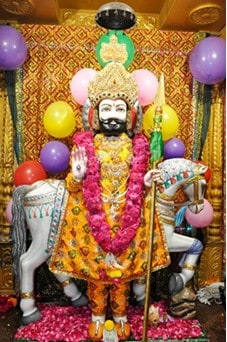
Photo by Wikimedia Commons
Ramdev Pir (Pir is the title of a Muslim Sufi spiritual guide) was a fourteenth-century Hindu priest, born miraculously by a mother who could not conceive until her husband, King Ajmal, prayed to Krishna and asked for “a son like him.” His birth name was Ram Devji. He is considered to be the embodiment of the god Krishna. Even during his life and since he has been worshipped as a saint because it was said that he had miraculous powers and devoted his life to the poor and downtrodden masses.
Jesus is the virgin-born son of God who claimed to be the embodiment of His Father, and in that sense, he is “just like His Father,” the King of the Universe and beyond. He also performed miracles and declared his mercy to the poor and downtrodden. His most popular sermon, the Beatitudes, focuses mainly on such people.
Then there is Palan Pir, the Creator of all, including the other gods. Like the “Goddess Bankar Mataji. Virtually nothing is known about them other than their name. Mataji means “mother of the living.” They believe she was with them “from the beginning.” Eve means “life or living” in Hebrew, and Adam declared she was the “mother of all the living.” It is strange that they would have a similar, though pagan, understanding of a biblical truth. This is because, in Romans 1, we are told that after man denied God, worshipped His creation and ignored His ways, they forgot God, and He turned His back on them. She is the preeminent Kul Devi (family goddess). Still, every family (clan) has a different Kul Devi based on whichever temple was near their home. Meghwals consider every human being a god. There is no one higher or lower; everyone is equal. They believe that humans were created by the gods equally, and the powerful people created the division”.
Another parallel is that in the past, they would build mud-brick houses with the door facing the East because they worshipped the rising sun. Our preachers can tell them about the wise men who came from the East to see the baby born, the King of kings and Lord of lords. Throughout history and even in some lands today, just as a king is a representative (or appointed with authority) by his god, the king, in turn, is represented by his appointed Ambassador, who carries the king’s authority. He makes war and peace, trade agreements, and judgments in the king’s name with the king’s authority. In essence, he became the mouthpiece of their god because the king had given him his power, which he received from their god.
It is interesting to note that in giving the Great Commission, Jesus stated that “all (His Father’s) power (authority)” in Heaven and the Earth had been given to Him, and He had transferred it to us. He then told the disciples to “GO” in that same power as His ambassadors and that He would be with us always.
We are the messengers of our King; proclaiming His good news is not an option to be considered but a command to be obeyed. Nothing we busy ourselves with in this life is of eternal importance except complete obedience and surrendering our “Lives, our fortunes, and our sacred trust” to His bidding. So, we tell the Meghals that our God and King has sent us with His promise that if they come to Him as their only God, forsaking all others, He will separate them from their sins as far as the East is from the West.
Do you, dear reader, live in a place occupied by people from other ethnicities? The more you learn about them, their culture, traditions, history, and dress, the more open they will be to hearing your gospel presentation. I once knew of a church that had a Laotian ministry. This was in the late 1980s when thousands had immigrated here to escape Communism. This church had a burden to reach them, prompting some to study the language. Each Sunday, as they would take attendance, they would put a red check mark beside their name. They began to notice that virtually none of them would return, so they worked meticulously every week to bring in a new group. Finally, upon learning the culture, they discovered that in Laos, if the Communist government marked you for arrest, torture, and death, they would print a public document and put a red check mark beside the name of the “criminal.” That being their only exposure to red marks, they thought the church secretary was marking them for death. When the church learned the significance, they immediately apologized, explained the American use of the check mark, and replaced the red marker with a blue marker. The people returned, they soon found a Laotian pastor, and their attendance grew. And nobody was arrested!
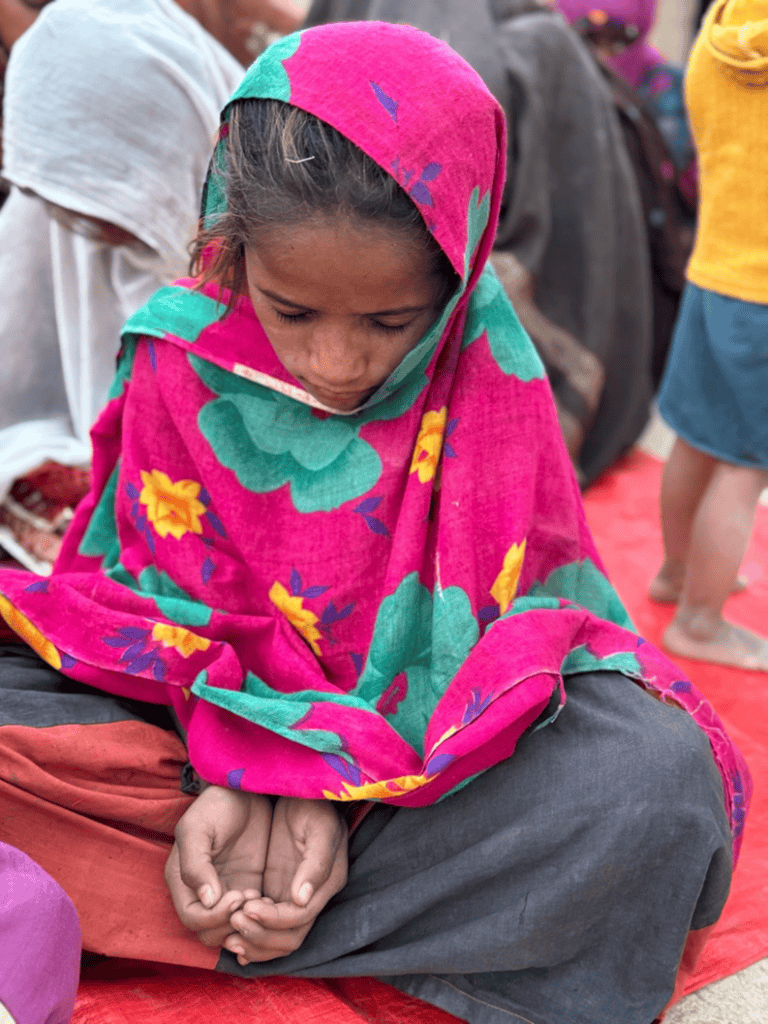
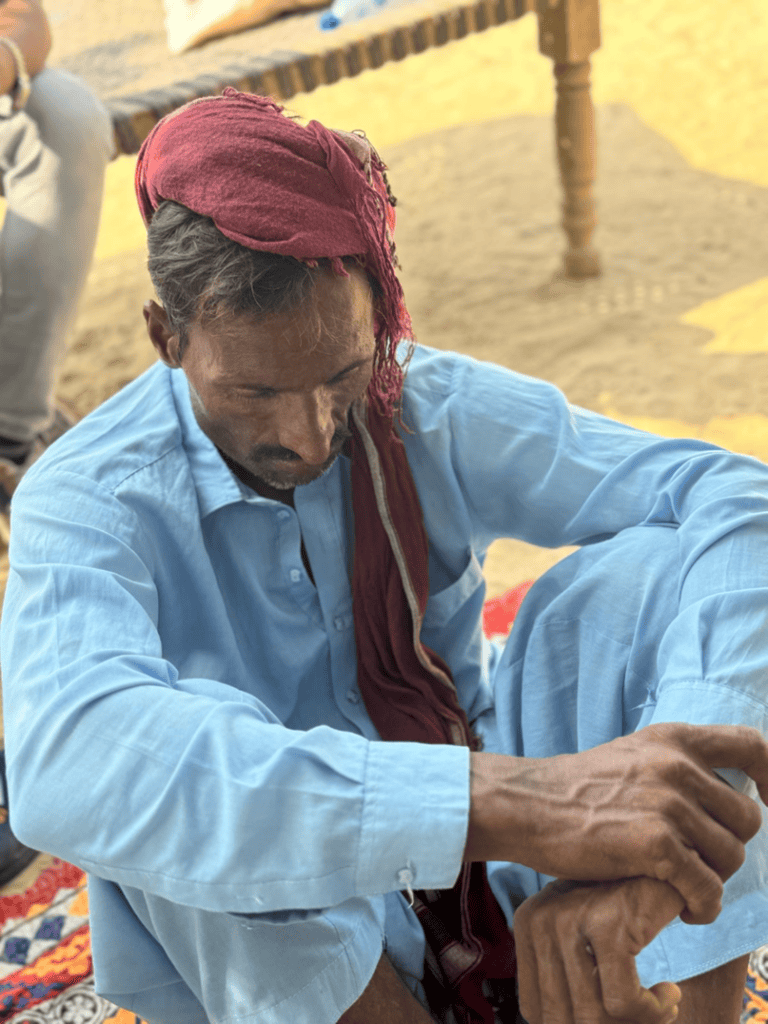
Here are some who followed Christ this day. They had heard of Mohammad, but not Jesus. Now their lives are totally changed. We will help them with Bibles and training and whatever they need to grow and expand the Gospel to other villages.

A whole is dug in the desert sand and filled with water to baptize the conmverts publically. Each person baptized is making a formal declaration they are turning from all other gods and following Christ. For all of them, this was the day that they first heard the name of Jesus—and they followed Him!
The first is of an elderly man and the second of a middle age man. Then there is an older lady and a younger one. Notice the younger has bangles on her arms. 3,500 years ago when the Aryans invaded, they forced all the inhabitants to wear these signifying they were “untouchables” so that they would not accidently touch one of them and become ceremonially unclean.
